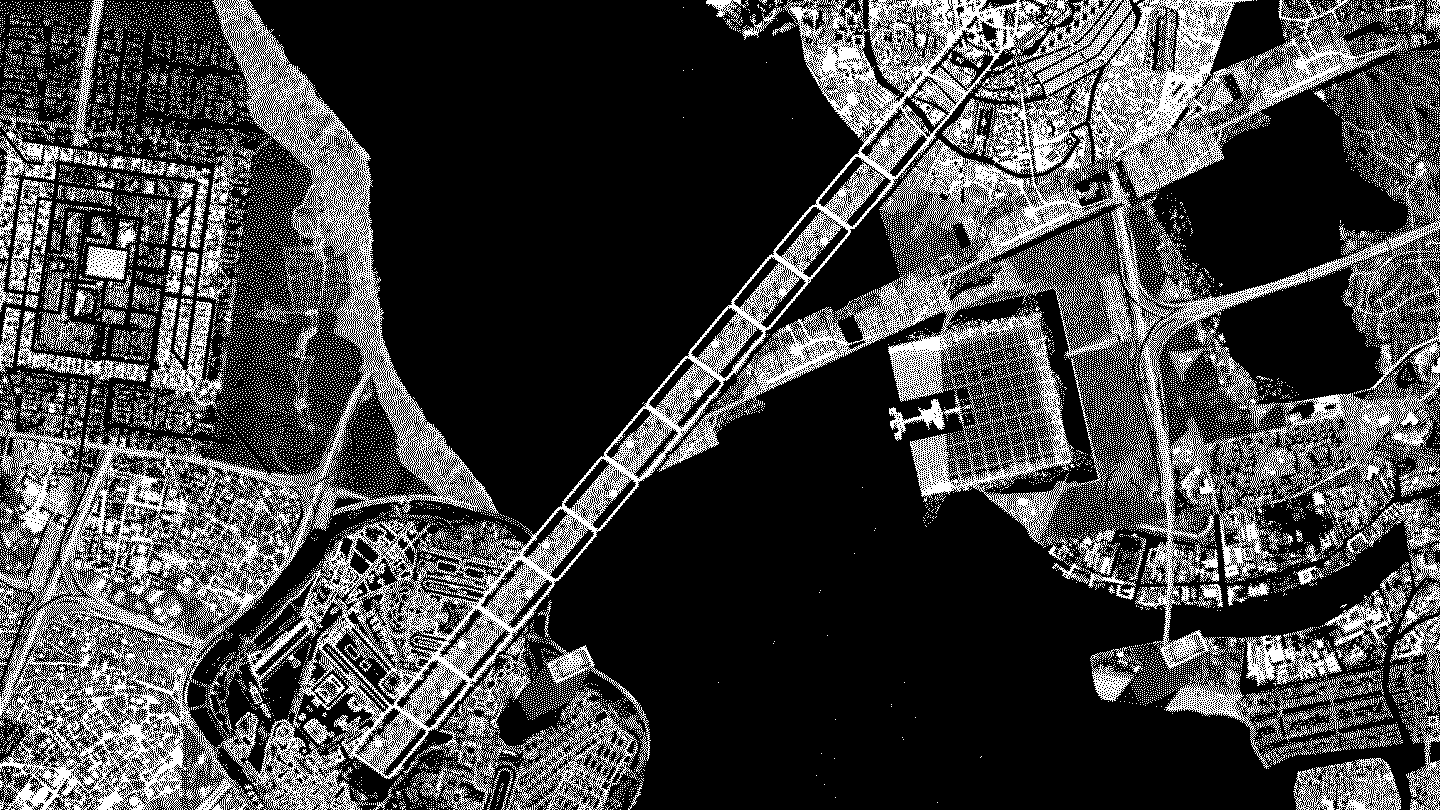The 2021–2022 Berlage Post-Master Program in Architecture and Urban Design
Julianalaan 134
Faculty of Architecture and the Built Environment, Delft University of Technology
2628 BL Delft
The Netherlands
Architecture is created through buildings and words, polemics and practice, exhibitions and publications. Since its founding 30 years ago, the Berlage has connected leading practitioners and thinkers with students eager to develop their own strong visions and keen to position themselves to act effectively within the discipline. As part of the TU Delft’s Faculty of Architecture and the Built Environment, the Berlage fosters a space of interaction between a select international group of students and a diverse shifting team of designers and a cross-disciplinary team of experts.
Fall 2021: Project NL
In the first semester, students will explore the Netherlands’s renowned architecture culture as part of the design-based Project NL course. This year, in collaboration with Het Nieuwe Instituut, students will focus on socially driven ideas related to modes of living together in the Netherlands over the past hundred years. Using their forthcoming exhibition The Design of the Social as a point of departure, students will engage with local archivists, researchers, curators, architects, and other experts to speculate on the future of the built environment in the Netherlands.
Spring 2022: Project Global
The second semester design-based course, Project Global, will examine the metropolitan conditions of Berlin and Johannesburg. The European metropolis will be introduced as an index for investigation for a non-European context. After neutralizing all traces of Eurocentric bias, the notion of “the global metropolis” will become the model of interrogation and the context for an architectural-urban project. Working with local authorities and experts from both cities, students will examine the motivations, designs, and politics of contemporary urban development, culminating in a speculative design proposal.
Fall 2022: Project Thesis
The semester will be framed by the Berlage’s three-year multiformat “Carrying Capacities” research program. Originally conceived to describe the maximum population, program, or extraction an area can sustain without environmental depletion, the notion of “carrying capacity” is fundamental to designing any object, space, or territory. The thesis curriculum will examine the spatial implications of the global fashion industry. From textile production, manufacturing, and working conditions to distribution, merchandising, and information management, the aim will be the completion of a collective architectural and urban design project on the global fashion industry informed by individual contributions. Students will be encouraged to be highly experimental and speculative, adopt a position between theory and practice, while creating visually compelling and intellectually rigorous design-research projects, which can serve as starting points for further PhD research or initiating an independent architectural practice.
Proseminars
Throughout the first two semesters, in conjunction with their designed-based courses, students will engage in a succession of architectural theory and history proseminars taught by leading scholars and practitioners. During the fall semester, Léa-Catherine Szacka will lead a proseminar using oral history to trace the multiplicity of postmodern discourses. In parallel, a proseminar taught by Olaf Gipser will consider architecture as an intellectual discipline that is grounded in the reflection of its own history, the history of cultural ideas, and the dialogue between these two spheres. In the spring semester, Reinier de Graaf will lead a proseminar revisiting contemporary architecture through the lens of finance. Amy Thomas, in parallel, will teach a proseminar exploring the role of gender in the design of corporate buildings and interiors, both from a historical and contemporary perspective.
Master classes
Twice a year students will work with world-renowned architects, designers, and thinkers in an intensive workshop setting to analyze a relevant issue in the built environment, experimenting with alternative formats of representation and dissemination. The fall 2021 design master class will be organized in collaboration with Sir Norman Foster. Recent master classes have been led by Barry Bergdoll, Bêka & Lemoine, Theo Deutinger, Hans Kollhoff, and Felicity Scott.
Public program
Each semester, a public program will foster a climate of intellectual rigor and deliberate inquiry that challenges the traditionally conceived discipline of architecture. Recent lecturers include Barozzi Veiga, Bruther, Christ & Gantenbein, Keller Easterling, Frida Escobedo, Grafton Architects, Rahul Mehrotra, Joan Ockman, Carlo Ratti, Peter St John, Marina Tabassum, Francesca Torzo, and Mark Wigley.
Teaching staff
The Berlage offers a diverse teaching staff of practitioners, designers, scholars, and researchers, including Jean-Louis Cohen, Salomon Frausto, Filip Geerts, Stephan Petermann, Michiel Riedijk, Martino Tattara, and Nathalie de Vries. Recent guest critics include Grafton Architects, Penelope Curtis, Dick van Gameren, Christine Hawley, Francesca Hughes, Kees Kaan, Sébastien Marot, Alessandra Ponte, Daniel Rosbottom, David van Severen, and Thomas Weaver.
About the Berlage
Founded in 1990 as the Berlage Institute, the Berlage Center for Advanced Studies in Architecture and Urban Design educates architects in a highly collaborative and experimental setting, characterized by independent study with guidance and input from and exchange with leading and emerging designers and scholars. Since 2012, students have benefitted from the world-class facilities of TU Delft, as well as close exchange with its academic staff and students.



